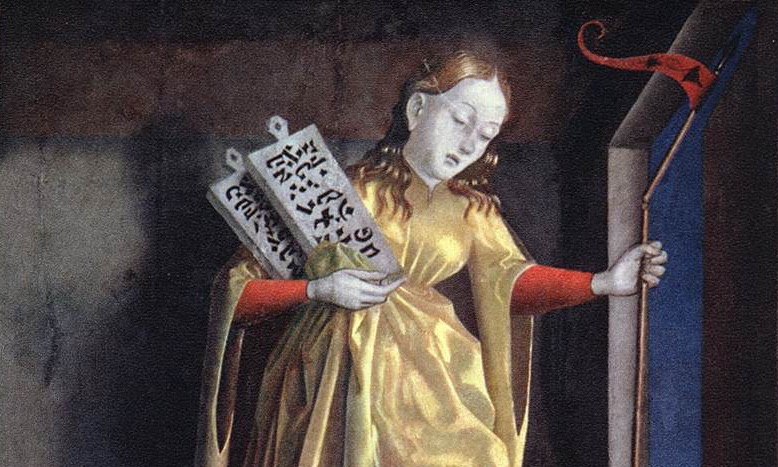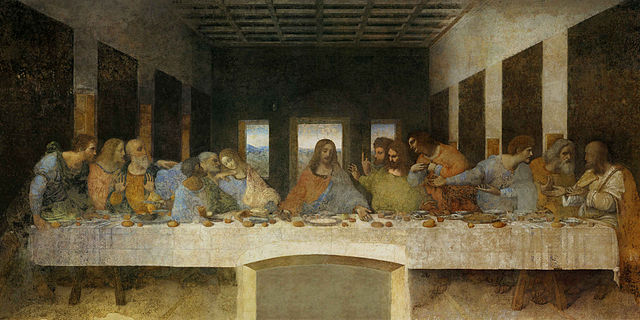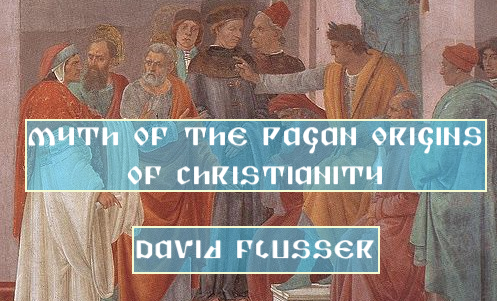The artificial constructions of scholars who once sought to build a bridge directly from Hellenism to Christianity are being dismantled, both because of greater knowledge of the Greek world and due to more intensive study of ancient Jewish and Christian thought.
Christians and Biblical “Law”

Jesus was Jewish and so were his disciples. He did not start a new religion, but his movement was consistent with being one of several sects of first-century Judaism. There were probably essentially very few non-Jewish followers of “The Way” (Jesus, Yeshua) for the first ten years or so after his death and resurrection.
Unintentional Anti-Semitism in the Church

I heard an all too familiar theme surface in an otherwise good sermon with regard to the recognition and acceptance of Jesus as Messiah: “The Jews just missed it!” Sadly, this affront by categorization also shows a total lack of recognition of the role of Jews in the early church and in their making the message of salvation through Yeshua (Jesus) available to non-Jews. It is as if Yeshua appears on the scene, is rejected by the Jews, but is welcomed with open arms by the non-Jews.
Are There Absolutes for the Christian?

With the emphasis on relativism and situational ethics in popular culture, one might wonder if there truly are any absolutes to guide us as Christians. Perhaps we can excuse any or all behavior or lifestyle on the basis of “that’s just the way God made me—besides, Jesus paid the price for my sin so everything’s cool!”
Perspective on Dan Brown’s The Da Vinci Code

In the marketplace of ideas, legitimate biblical scholarship competes with the likes of Erich von Deniken (Chariots of the Gods) and Dan Brown (The Da Vinci Code), and other sensationalists.
Historical Howlers, Funny and Otherwise: Dan Brown’s Backward Understanding of Gnosticism

There are factual errors strewn throughout Dan Brown’s runaway bestseller, The Da Vinci Code.

